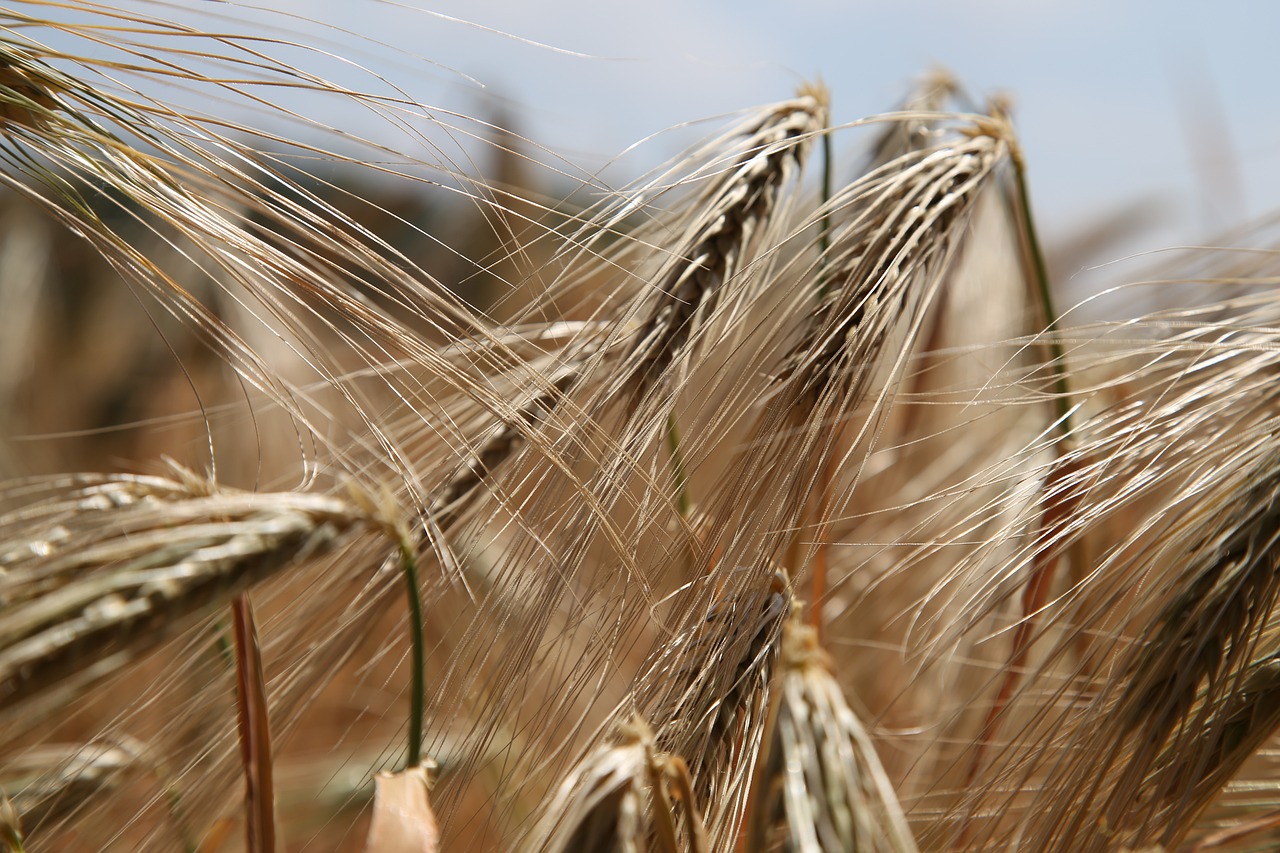Gluten is a protein that is naturally found in some grains, including wheat, barley, and rye. In the past decade, there has been a lot of buzz around gluten, with some people avoiding it altogether due to its potential negative effects on health. However, the reality is that gluten is not inherently bad for most people. In fact, it can provide many health benefits, especially when consumed in its whole-grain form. And an awful lot of vegan meat substitutes made from gluten. The most well known of which being seitan, which is in fact higher protein and lower fat/carbs than most meats. So, despite all of the fuss, gluten itself isn't actually a bad thing.
What is Gluten?
As previously mentioned, gluten is a protein that is found in some grains. [1] Specifically, it is found in wheat, barley, and rye, as well as in some other grains like triticale, which is a cross between rye and wheat.
Gluten acts as a binder, holding food together and giving it a stretchy quality. It is often used in baking to give bread and other baked goods their texture and shape. However, it is also added to other products like processed foods and cosmetics to add protein, texture, and flavor.
While gluten is naturally occurring, it can also be extracted, concentrated, and added to food and other products. Gluten-free options are available for those who need to avoid it due to certain health conditions.
Health Benefits of Gluten
Gluten, when consumed in its whole-grain form, provides many health benefits. Whole grains are high in fiber, vitamins, and minerals, making them an essential part of a healthy diet. [2]
Studies have linked whole grain consumption to improved health outcomes. For example, groups with the highest intakes of whole grains, including wheat, compared with groups eating the lowest amounts were found to have significantly lower rates of heart disease and stroke, development of type 2 diabetes, and deaths from all causes.
Gluten may also act as a prebiotic, feeding the "good" bacteria in our bodies. Prebiotics are non-digestible fibers that nourish the friendly bacteria in our gut, promoting a healthy digestive system. [3]
Gluten is often used as a protein source for vegan and vegetarian diets.
When Gluten is a Problem
While gluten is not inherently bad for most people, it can cause problems for some individuals. In particular, those with celiac disease, [4] non-celiac gluten sensitivity, [5] wheat allergy, or gluten ataxia should avoid gluten. [6]
Celiac disease is an autoimmune disorder in which the body's immune system attacks the small intestine when gluten is consumed, leading to damage and inflammation. Symptoms of celiac disease can vary widely and may include abdominal pain, bloating, diarrhea, constipation, weight loss, and fatigue.
Non-celiac gluten sensitivity is a condition in which individuals experience gastrointestinal symptoms after consuming gluten, but do not have celiac disease or a wheat allergy. Symptoms may include bloating, abdominal pain, diarrhea, and constipation.
Wheat allergy [7] is an allergic reaction to wheat, but not necessarily to gluten. Symptoms may include hives, itching, swelling, difficulty breathing, and anaphylaxis.
Gluten ataxia is a rare neurological autoimmune disorder that causes the immune system to attack parts of the brain in response to gluten. Symptoms may include poor coordination, difficulty walking, and tremors.
Gluten Free Labelling
For those who need to avoid gluten, it is important to look for products that are labeled gluten-free. In 2006, a growing and manufacturing process called the "Purity Protocol" [8] was developed to produce gluten-free oats. This protocol outlines measures to prevent gluten-containing grains from being mixed in with gluten-free oats.
Mechanical and optical sorting methods have also been developed to "clean" oats that have been mixed with gluten-containing grains in the field or during harvesting and transport. Special equipment is used to sort the oats from gluten-containing grains based on differences in size, shape, color, density, texture, and electrical conductivity.
Manufacturers who put a "gluten-free" label on products that contain oats are claiming that measures have been taken to make sure the product contains less than 20 parts per million of gluten. This is done either by following a "Purity Protocol" or using mechanical and optical sorting methods.
So, Is Gluten Bad For Me?
Gluten is a protein that is found in some grains, including wheat, barley, and rye. While it is not inherently bad for most people, it can cause problems for those with certain health conditions. However, when consumed in its whole-grain form, gluten can provide many health benefits, including improved heart health and a healthy digestive system. For those who need to avoid gluten, it is important to look for products that are labeled gluten-free and to work with a registered dietitian to build an eating plan that's right for you.
References
1 - https://www.ncbi.nlm.nih.gov/books/NBK538505/
2 - https://www.ncbi.nlm.nih.gov/pmc/articles/PMC4908313/
3 - https://www.ncbi.nlm.nih.gov/pmc/articles/PMC7881392/
4 - https://www.niddk.nih.gov/health-information/digestive-diseases/celiac-disease
5 - https://www.ncbi.nlm.nih.gov/pmc/articles/PMC8224613/
6 - https://pubmed.ncbi.nlm.nih.gov/18787912/
7 - https://www.ncbi.nlm.nih.gov/pmc/articles/PMC4743586/
8 - https://www.ncbi.nlm.nih.gov/pmc/articles/PMC7693705/




